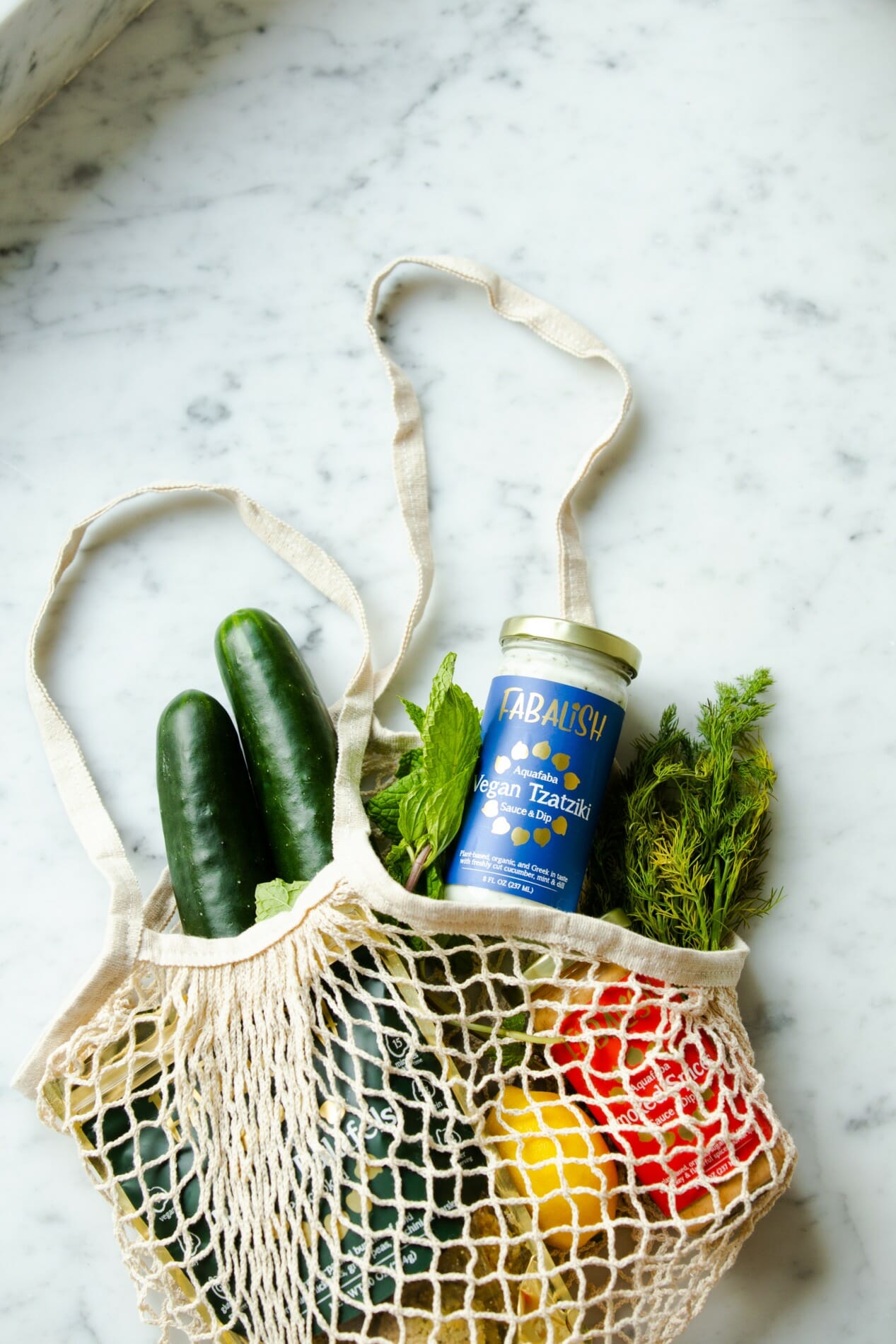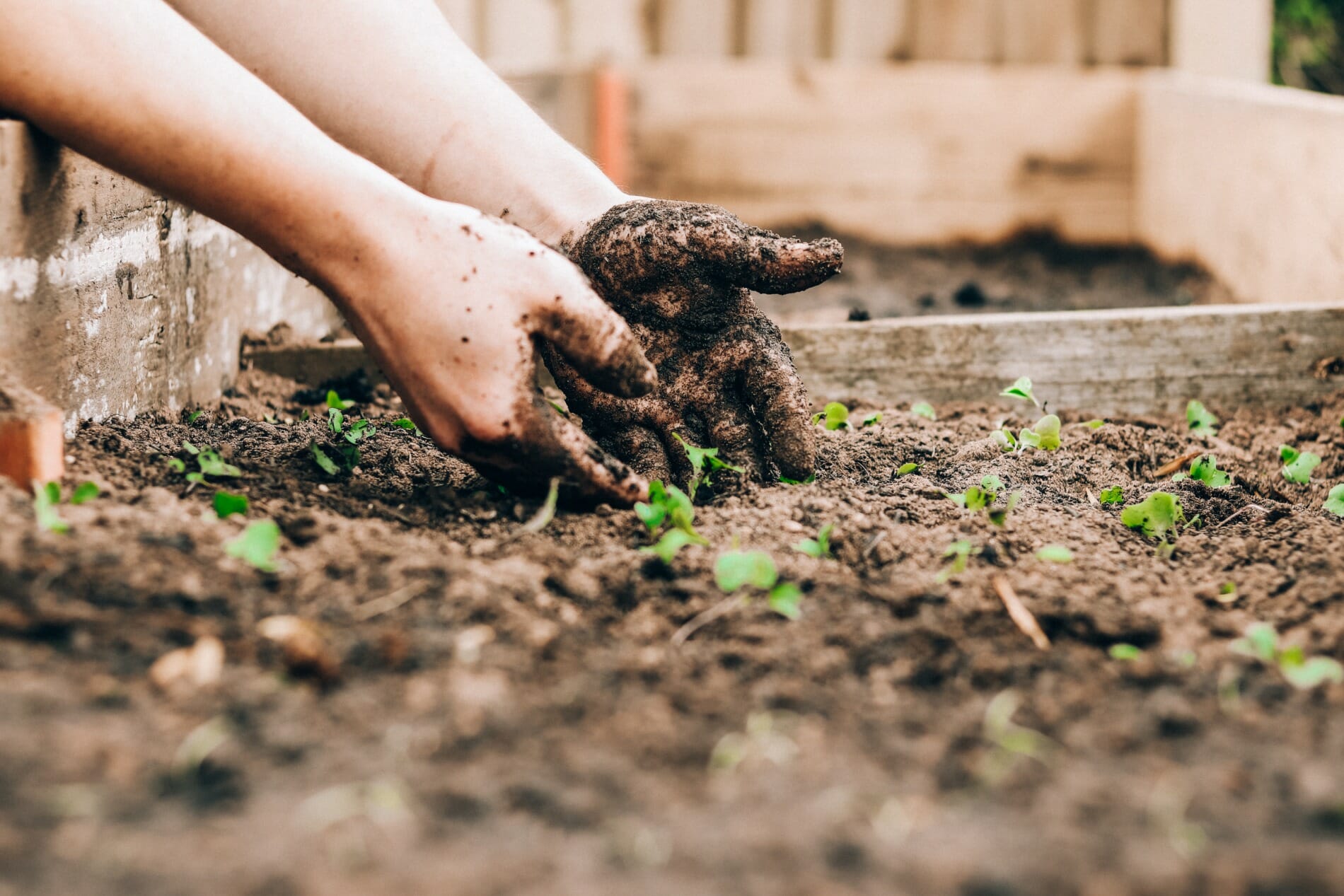One of the most important things to remember when you’re trying to live a more sustainable lifestyle is you cannot change the world overnight. It’s a journey, not a destination. Focus on one area of your life at a time, make a change and when you’re happy with it move onto the next thing. Don’t take on too much in one go or you will overwhelm yourself.
The very first thing you need to do is familiarize yourself with the 9 R’s: Rethink, Refuse, Reduce, Reuse, Re-gift, Repair, Rent, Recycle & Rot.
Rethink
In order to start living a more sustainable lifestyle you first have to rethink your current lifestyle. Start by asking yourself the following questions:
What sustainable things am I already doing and where could I make improvements?
Do I own too much stuff?
Would I benefit from decluttering and downsizing my life?
What items am I throwing away regularly?

Conduct A Waste Audit For Your Home
If you’re not sure what you’re throwing away each week, conduct a waste audit for your home. This is a simple process of recording everything you throw away over a set period of time, normally two weeks.
By keeping a tally of items you’re throwing away you can then search for more sustainable alternatives for those items. For example if you find you’re regularly throwing away cling film switch to reusable alternatives such as wax wraps. If you’re throwing away lots of food packaging try to find a loose bulk store near you where you can take your own bags and refill.
Switch To A Renewable Energy Supplier
A really simple but very effective way to become more sustainable is to switch to a 100% renewable energy supplier. Switching only takes a few minutes but can significantly reduce your personal impact on the planet.
Seek Inspiration
Get inspired by others who are already living a sustainable lifestyle. Start reading sustainable living blogs and books. Listen to podcasts that can teach you how to live a more sustainable lifestyle. Join local environmental groups. Surround yourself with people who think the same way as you and who are just as eager to shift to a more sustainable lifestyle. Not only will you be able to swap advice you’ll also help to motivate each other if you start to get overwhelmed.
Refuse
A huge part of sustainable living is starting to refuse anything you don’t really need. This can be anything from plastic straws to junk mail. If you don’t really need it, learn to say no. Refuse to buy products that come in too much packaging. Refuse to buy products that don’t have an end of life plan. Refuse anything that cannot be reused, repaired, recycled or rotted down.
Reduce
Reduce what you need. Every time you go shopping, ask yourself do I really need this product? By reducing what you need you create less waste. Reduce the amount of electricity and water you use. Have shorter showers, turn off the lights and turn down your heating. Reduce the amount of meat you eat by having meat-free days each week.
Reuse
Reuse anything you can rather than throwing it away. This can include anything from jam jars to shopping bags. If you don’t already have a good selection of reusable items for your home, aim to buy them as and when you can. Although they can initially cost more than their disposable counterparts, with the correct care, they will last you a lifetime.
Examples of reusable items for the home include:
- Reusable food bags
- Reusable baking mats
- Reusable shopping bags
- Reusable straws
- Reusable coffee mugs
- Reusable safety razor
- Reusable cupcake holders
- Reusable menstrual products
- Reusable Christmas crackers
There are so many great reusable products out there these days. You can even get reusable toilet paper although granted that one isn’t for everyone!
Don’t make the mistake of buying every reusable product you come across. Only buy items you really need. For example, when was the last time you actually used a straw? Your waste audit will help you to determine what you need and don’t need.

Re-Gift
When you come across items that you no longer want or need, re-gift them to someone that can make use of it. You can donate items to a local charity shop, offer them to a friend or sell them on local selling pages online. Reusing and passing on items that are already in circulation is far more sustainable than buying new ones.
Repair
Rather than buying a new item can you repair the item that you already have? This works for electrical items, household items and clothes. Repair cafes are becoming increasingly popular where you can take along an item to be fixed, normally for a small donation. Is there a local repair cafe in your area? Alternatively if you’re the practical sort can you fix it yourself? If you’re not good at sewing could you take a class and learn how to repair your own clothes?
Before you throw anything away, stop and think about whether it can be fixed first.
Rent
If you need to purchase something for your home first check to see whether you can rent or borrow the item first. There are several apps out there that focus solely on renting items from your neighbours rather than buying new ones. Alternatively ask a friend or family member if they have an item that you could borrow. The aim is to stop the consumer train.
You may want to consider setting up a swap or borrow group in your local community?
Recycle
If an item has truly come to the end of it’s life and it cannot be reused, re-gifted or repaired then hopefully it can be recycled. Check the labels on the product to see where and how you can recycle it. If you cannot recycle the item in your local curbside recycling check online to see if there is anywhere local where you can recycle it.
Rot
If you haven’t already set up a composting system either in your garden or home. If you have a garden a simple compost bin would suffice. You can put any uncooked foods into it including vegetable peelings and fruit scraps as well as any garden waste. Don’t put meat in a composter.
If you don’t have a garden then you can look into getting a Bokashi bucket or a worm bin which can be kept under your sink or in a cupboard.
Remember to focus on one thing or area of your home at a time. It’s about making lots of little changes to your daily lifestyle that eventually all add up. Imagine if everyone in the world made three sustainable changes to their life this year. What a difference that would make!
Editor’s Note: The opinions expressed here by Impakter.com columnists are their own, not those of Impakter.com. — In the Featured Photo: Sustainable products for your daily routine. Featured Photo Credit: Svitlana










